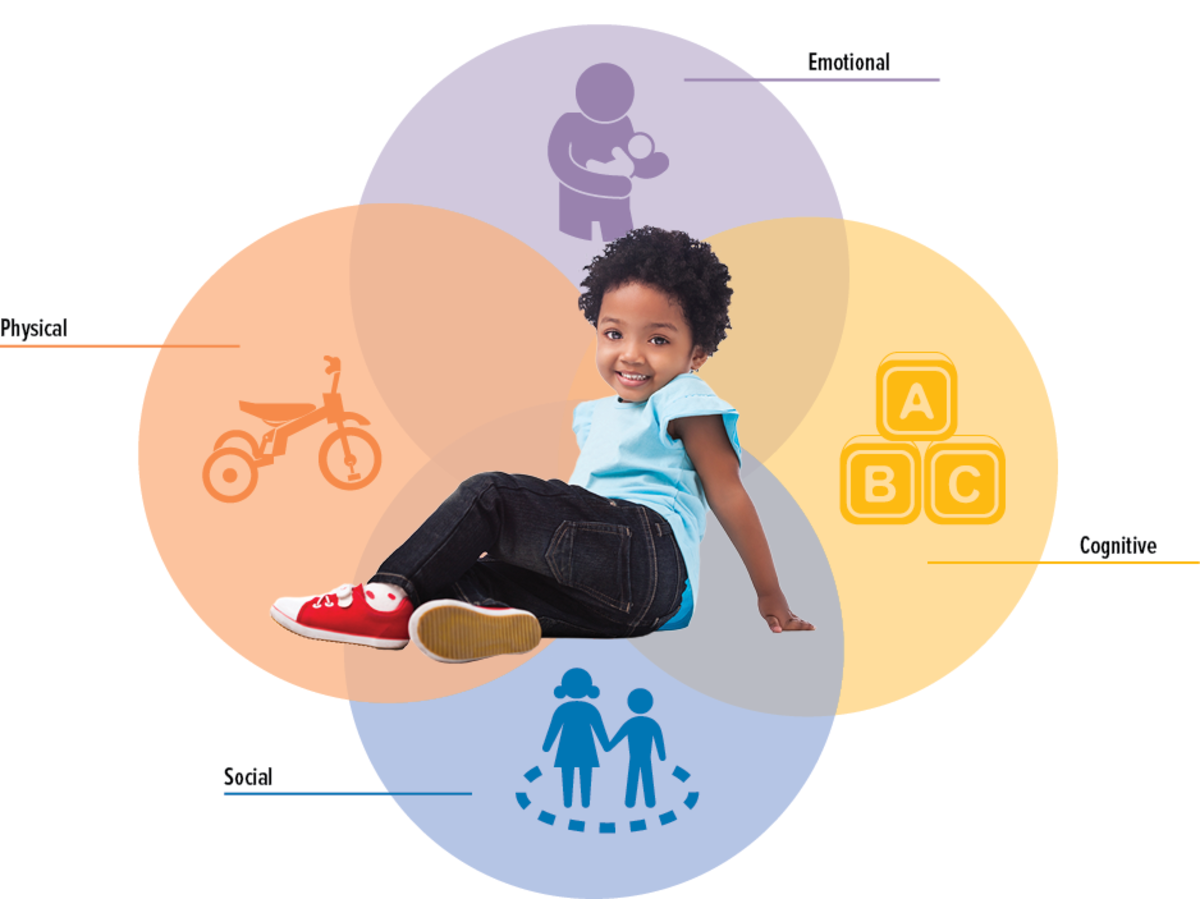Children Confabulating and Custody Cases

Escalating on Confabulation
It should be no surprise that the word ‘bitter’ is often used to describe child-custody court actions. It is the rare custody case where both parents are amiable, agreeable, and genuinely do what is best for their child(ren). In most cases, one or both parents are simply using the courts to exact revenge against the other. Despite the fact that it is generally well known that kids do in fact lie (about more than just the missing cookie from the jar), the general public, legal systems and even some child welfare workers continue to hold the myth that children do not lie about things like abuse. Also, despite there not being any such official diagnosis as ‘parental alienation’, many professional helpers swear by the reality of it while lining their pockets based on their ‘expertise’ of it.
This is not to say that parents do not engage in behaviors that tend to alienate, or even severely alienate a child from the other parent, just that in most cases, both parents are doing their fair share of alienation against each other, either consciously or unconsciously. In many cases, the parent doing the most complaining about parent alienation is doing a fine job of alienating their child from themselves, and need no help from their ex to do so. This is not to say that there are no cases of one parent being quite innocent and the other viciously enacting a smear campaign against the other in order to get the child(ren) to align with them. This is most often seen when the alienating parent has a personality disorder.
And so when a child explains a scratch or bruise from their (perhaps not so innocently) inquiring parent, the child may offer a confabulated answer in reaction to the parent that instantly escalates the parent into conclusions that are seriously erroneous. The very hostile parent may have an intuitive grasp that children confabulate, and actively work to enhance damaging confabulations that they help the child to create. In just a moment, with a few words, the other parent, or the other parent’s new love interest, has become a monstrous villain who is abusing the child. What ensues is a rapid and reactive escalation, which the child frequently witnesses.
Thanks, 'Kid History'!
Confabulation vs. Lying
Children do in fact, lie, as most human beings do, and most have learned to lie (and confabulate) by watching people close to them do it (including their parents). Lies are very intentional, and made to hide a wrong, avoid some discomfort in answering a question, or to get someone else into trouble. On the other hand, a confabulation is a largely unconscious fabrication of a fact as a means to explain something, like the ‘white lie’ we may use when we want to dodge a social gathering. The confabulation that a child makes may be an effort to ‘fill in the blanks’ of an account they are giving, or it may be an unconscious effort to emotionally please the listening adult in some way. Children can often tell when an adult did not get the answer they really wanted, and can readily change the answer if it will please the adult. The child will often be very consistent in repeating the confabulation to any listener who will ask (and thereby making the confabulation more ‘truthy’ as a result). In fact, the child can become totally convinced of the truth and reality represented in the confabulation.
The younger the child, the more likely confabulation can play apart in getting the reactivity snowball rolling. Not only because such young children are so vulnerable do adult react to even the slightest hint of danger for them, but their young age creates a limited ability to clearly articulate events, and they often incorporate fantasy elements into their accounting (‘tall stories’). For example: A father is listening to a news story on the radio of children being ‘ritually’ abused in a day care in another state (Google: ‘McMartin preschool case’). He arrives at his three year old son’ day care to pick him up at the end of the day. Dad asks son: ‘What did you do today in school?” The son proceeds to tell Dad that out in the play yard, he and other children, with the teacher’s encouragement and help, chopped up a snake while they sang a special song, and then threw the snake parts over the back wall of the play yard. Trying to calm his fears, the next morning, the father cautiously asks the teacher about ‘the snake thing’. The teacher chuckles and relates that the children were playing ‘snake’ with a jump rope, and ‘chopped it up’ with a toy plastic shovel. The exact same process is ubiquitous to child custody cases.

Reactivity Towards the Ex
Unconscious animosity can be just as powerful and damaging as conscious animosity and efforts to get a child to align with one parent against another. Most people believe that they can hide their negative emotions and reactions when in front of their children. Here is the big news: you can’t. Children and parents know each other so well, that hiding their reactivity from each other is impossible. So, if your ex creates any intense emotion in you, you will be telegraphing that like crazy to your child, if you believe you are or not. In short, if Momma (or Daddy) ain’t happy, everybody is going to feel it. So if the child picks up from the parent that they are upset about the recent contact the parent had to have to hand off the child from one to the other home, the child is left to their own reasoning to decide just who made the parent unhappy (Is it the other parent? Is it me?) It takes very little direction to get a child to conclude that the parent is upset because of the ‘other, mean/bad parent’. (“I’m not upset with YOU, sweetheart, I love YOU!”). And so the process begins and escalates.
There are countless ways that unconscious (and not so unconscious) material presses the child’s loyalties and alignments between parents. Parents will swear that they never say anything disparaging about the other parent in front of the child, and then proceed to do so right in the counseling session that is supposed to be helping the child (‘I brought him here because he needs to talk about what is going on between his parents.’) Newsflash: he is four years old; he does not need to talk, the adults need to cease and desist their behaviors of using the child to clobber each other in court and in social media. An example of unconscious material might be when the child asks to take a favored item form one home to the other, and the parent tells them that they cannot because ‘nothing ever comes back from there’. An example of alienation that is clearly conscious and vicious: “People call your mother ‘peanut butter’, because she spreads so smooth for anyone”. (Yes, that is an actual statement overheard, and immediately challenged.)
Children in a Loyalty Bind
All of this is highly stressful for the child, and the battle for the child’s loyalty and alignment can become a true war between the parents. And, as the saying goes, “All is fair in love and war”. Of course, none of the escalated reactivity is fair to anyone in the situation, especially the child. If a parent is clever enough, cold and calculating enough, and skilled enough, they genuinely can encourage and groom a child’s confabulations to the point where any hint of truth becomes a distant shadow. Even professionals working in child welfare, lawyers, and judges will have an extremely hard time figuring out the truth.
The effect of parental reactivity towards each other on the child is often profound. Most kids develop what is called ‘adjustment disorder’, which is a set of mild to severe behavioral signs that indicate their stress over the reactivity of their parents. These symptoms can include depression, anxiety, disturbance in the child’s conduct in home, school, and community, sleeping and eating disturbances, and academic grades falling. In more severe cases, especially when one or both parents are actively working to alienate the child from the other parent, the adjustment disorder symptoms can begin to border on or become fully acute or post-traumatic stress disorder, which represents a far more severe emotional and behavioral mental health issue for the child, and is more difficult to treat. Until the child’s parent(s) cease pressing the child to align with themselves and change the tone and environment between themselves and the other parent, the child will continue to suffer, and in fact, get worse. Some children who have acquired PTSD as a result of parental reactivity and discord never fully recover, and the negative effects will continue into their own adult lives.

Confabulating Child?
Do you suspect your child of having confabulated in a way that altered custody?
Conclusions
Children naturally confabulate, and as a result, reactive ex’s with an axe to grind can use such confabulations to begin a damaging process for everyone involved with the child. Children also can begin to confabulate when a clever adult understands that they can ‘plant’ ideas, memories, and attitudes into a child’s head if they are persistent enough. This may result in a strong, but unbalanced and unfair alignment with one parent.
Children are constantly observing and learning from their parents about how life works and how people relate; the learning they get through the animosity and reactivity of their parents that results in their being ‘used’ as weapons sets them up for their own adult relationship difficulties. And all because when you add a child’s confabulations to reactive animosity you get a volatile, escalating relational mess that wounds everyone involved, and does damage long-term to the child.





